MercoPress. South Atlantic News Agency
Politics
-
Saturday, May 21st 2011 - 09:45 UTC
Lipsky calls for continued support for ‘shaky’ economies in Europe
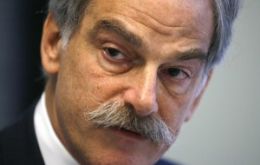
The global economic recovery is accelerating but remains vulnerable to setbacks said IMF acting Managing Director John Lipsky said as he urged continued international support for shaky economies in Europe.
-
Saturday, May 21st 2011 - 09:34 UTC
Brazil/Argentine dispute abating as trade begins to normalize
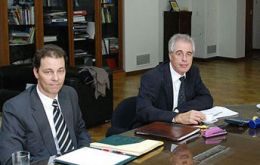
The trade dispute among Mercosur main partners seems to be abating from the moment Brazil authorized on Friday the introduction of 1.000 cars manufactured in Argentina that had been retained in Customs since the implementation of non automatic import licences.
-
Saturday, May 21st 2011 - 03:09 UTC
EU and Latam lawmakers more positive about a trade agreement with Mercosur

The outcome of a two-day European and Latin America lawmakers’ meeting in Uruguay was considered very positive and a strong message to forward negotiations on the sensitive EU/Mercosur trade and cooperation agreement.
-
Friday, May 20th 2011 - 19:29 UTC
Brazil’s Golden Age–or Parade of White Elephants?
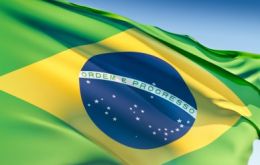
by COHA Research Associate Augustus Urschel.
The 2014 World Cup and 2016 Olympics.
Winning the 2014 World Cup and 2016 Summer Olympic bids continues to have both intended and unexpected consequences for this year’s miracle country. On November 28, 2010, Brazilian police and soldiers seized the Complexo do Alemão, a large favela in the Northern Zone of Rio, from drug lords. -
Friday, May 20th 2011 - 10:42 UTC
Piñera submits bill to repeal financing military expenditure with copper exports
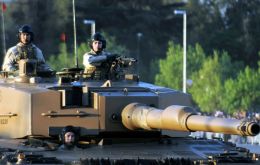
Chilean President Sebastián Piñera signed a bill which, if approved by Congress, would eliminate a substantial source of revenue for Chile’s Armed Forces. Under current legislation, 10% of all export revenues from Chile’s National Copper Corporation (CODELCO) are directed to the Superior Council of National Defence, to be spent on weaponry and equipment.
-
Friday, May 20th 2011 - 10:16 UTC
China says new IMF chief should better represent emerging economies
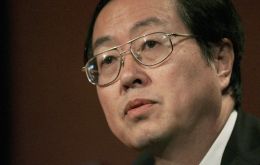
The new leadership of the IMF should reflect changes in the world economic order and be more representative of emerging market economies, People’s Bank of China Governor Zhou Xiaochuan said on Thursday.
-
Thursday, May 19th 2011 - 22:30 UTC
Netanyahu rejects Obama’s proposal of Palestinian state on 1967 borders

Israeli Prime Minister Benjamin Netanyahu said US President Barack Obama vision of a Palestinian state on the borders of 1967 could leave the Jewish state “indefensible”.
-
Thursday, May 19th 2011 - 22:22 UTC
DSK granted bail and formally indicted; will appear in court June 6
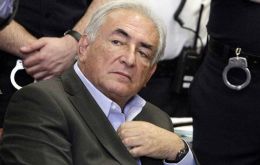
Dominique Strauss-Kahn on Thursday was granted bail by a judge in a New York court, after being formally charged with trying to rape a hotel maid. Strauss-Kahn had earlier resigned as the International Monetary Fund's boss.
-
Thursday, May 19th 2011 - 22:19 UTC
England decides to abstain from voting for FIFA presidency
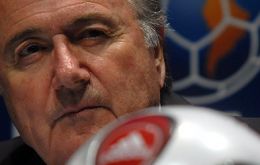
England’s Football Association's board has decided to abstain in the vote for the presidency of Fifa. Sepp Blatter, the current head of football's world governing body, is being challenged by Qatari Mohamed Bin Hammam, the president of the Asian Football Confederation.
-
Thursday, May 19th 2011 - 19:22 UTC
Ecuador’s Correa wins vote for judicial and media reforms
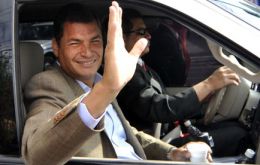
President Rafael Correa won Ecuador's vote on judicial and media reforms, but by a smaller margin than forecast, near-final results showed on Wednesday evening.
